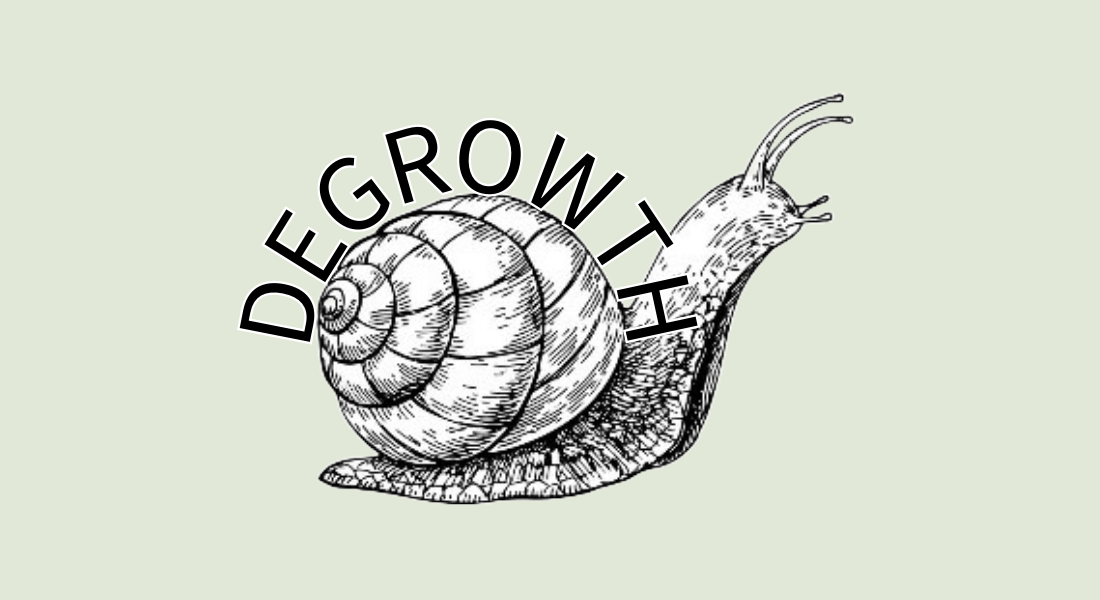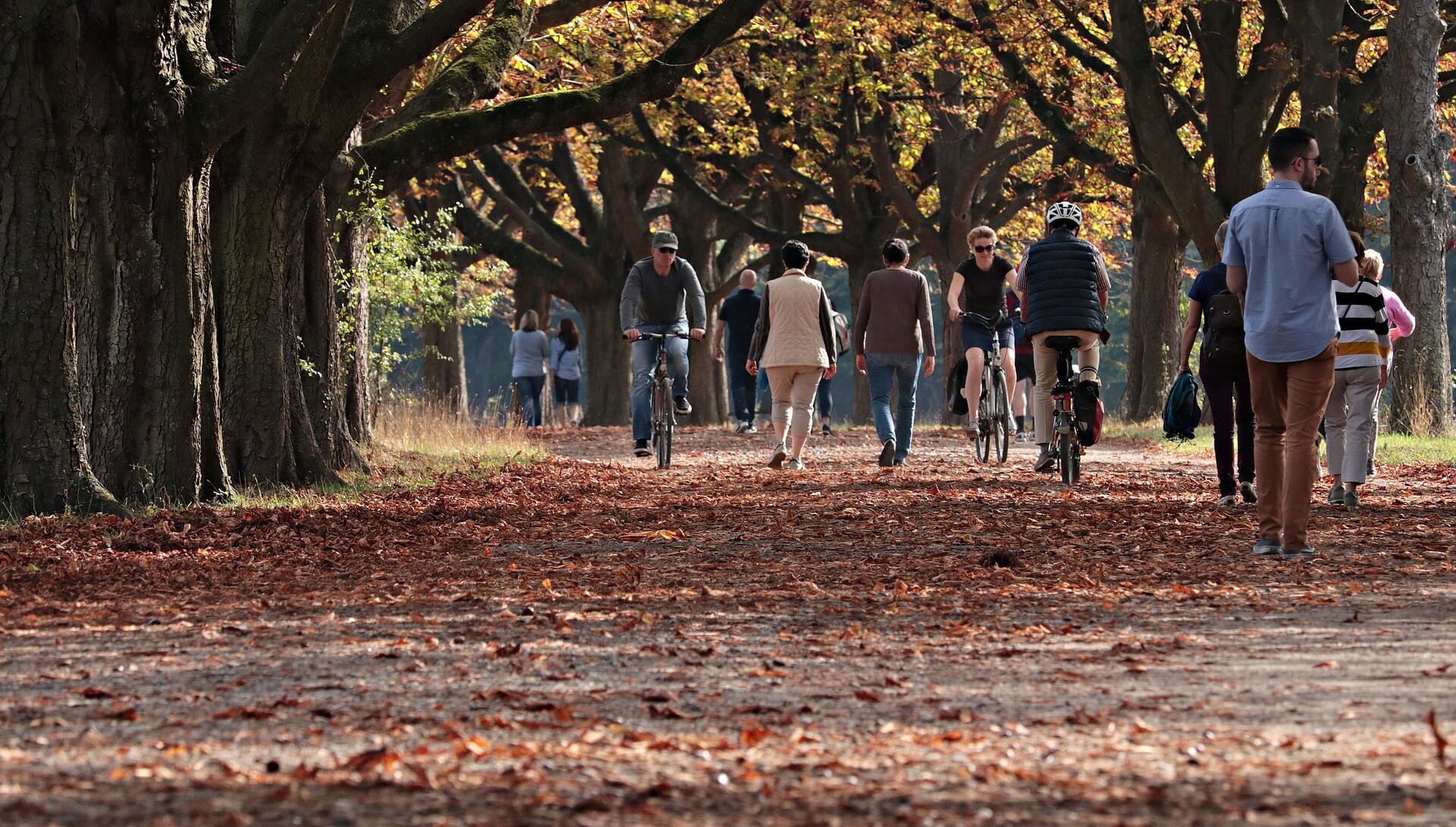Degrowth
In our pursuit of growth, the Earth's resources have long been exploited at a pace that is unsustainable for the planet and creates social injustice within countries and across the globe. In our research network "Degrowth," we investigate how a democratic and fair downscaling of resource and energy consumption can bring us back into balance with nature while improving human and more-than-human well-being.

Modern capitalist economies are based on growth. Companies' bottom lines and states' GDP must grow every year, preferably as much as possible, so as to create profit returns for capital.
While this has been a dominant form of economic system for centuries, climate and ecological breakdown and the historical amount of inequality generated by this system have made it clear that the relentless pursuit of economic growth is not consonant with a livable planet for all. . The Earth's resources have long been exploited at an unsustainable pace. The resulting pollution poses a burden primarily felt on people who have already been impoverished by centuries of economic exploitation, especially in the Global South. Growth generates social and economic inequality, which in turn lead to conflicts and wars over resources.
Degrowth is a response to this development, which in recent decades has gained greater acceptance among economists and activists.

Degrowth as a green solution
Degrowth is a democratic and fair downscaling of resource and energy consumption in overgrown economies to bring us back into balance with nature while improving human and more-than-human well-being. Degrowth is thus a conscious strategy to transform economies and their resource consumption in a sustainable way. The goal should no longer be growth. Instead, we should organize our economies so that human well-being and the planet's balance are at the center.
Specifically, degrowth is about reorganizing the economy so that we downscale the most destructive sectors (for example, fossil fuel industries, meat-intensive industrial agriculture, and fast fashion) and instead prioritize sectors that promote human well-being and ecological sustainability.
Specifically, degrowth is about reorganizing the economy so that we downscale the most destructive sectors and instead prioritize sectors that promote human well-being and ecological sustainability.
Degrowth is not about generating recessions in growth-addicted economies, but about making economies no longer dependent on infinite growthDegrowth is about supporting the transformation of societies to ensure environmental and ecological justice and a good life for all, both humans and other species.
The purpose of our research network "Degrowth" is to discuss and research degrowth strategies and make research knowledge about degrowth widely available within and outside the University of Copenhagen. The research network explores—among other things—decarbonization, biodiversity, decolonization, poverty reduction, and expanded democratic practices as pathways to degrowth.
Researchers in the network
| Rebecca Leigh Rutt | Department of Food and Resource Economics (IFRO) | Faculty of Science |
| Stefan Gaarsmand Jacobsen | Department of Cross-Cultural and Regional Studies | Faculty of Humanities |
| Fernando Racimo | Section for Molecular Ecology and Evolution |
Faculty of Health and |
| Agnete Vienberg Hansen | Department of Economics |
Faculty of Social Sciences |
| Jens Friis Lund | Department of Food and Resource Economics (IFRO) |
Faculty of Science |
| Mine Islar | Department of Food and Resource Economics (IFRO) |
Faculty of Science |
